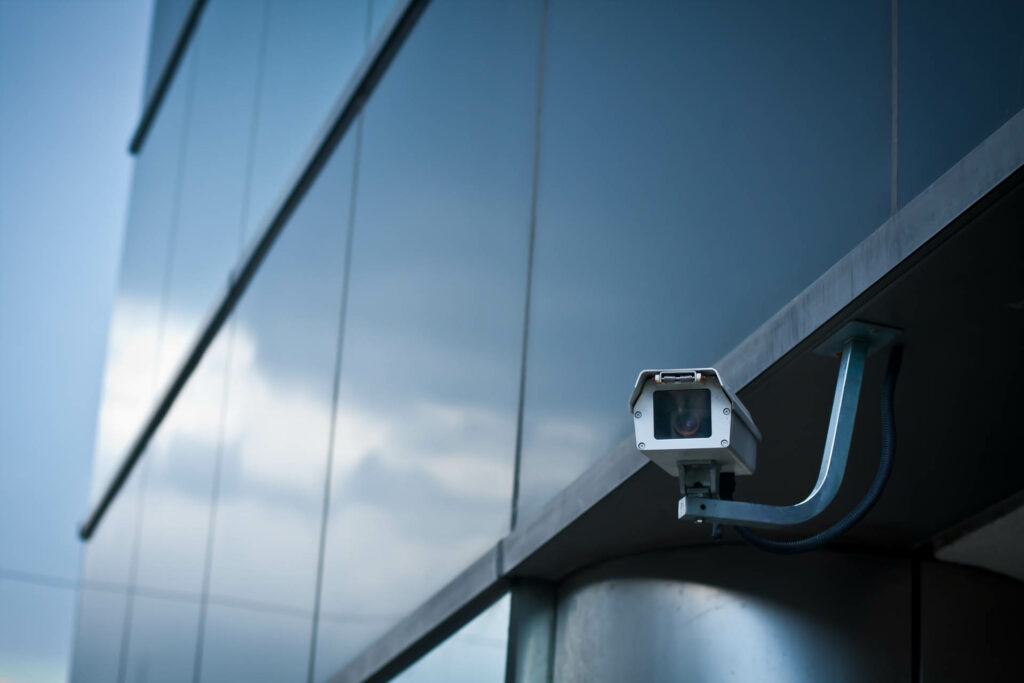Waking up to dawn raids
This article first appeared in International Freighting Weekly online on Friday 10 June 2011 and is reproduced with their kind permission. www.ifw-net.com
On 17 May, up to a dozen container lines were subjected to unannounced inspections (“dawn raids”) by the European Commission, investigating possible breaches of EU competition rules.
It believed container lines may have been co-ordinating their pricing and/or capacity on certain routes in and out of Europe, particularly in the first half of 2010. Europe is one of the first jurisdictions in the world to expand the scope of the application of competition/antitrust rules to container lines (since the withdrawal of the liner conference block exemption in October 2008).
The dawn raids on the container lines are reminiscent of those conducted by competition authorities across the globe in the air cargo sector in 2006 (air cargo does not benefit from exemptions from the application of the competition rules, as shipping still does outside Europe). These ultimately led to fines being imposed on a large number of airlines and prison sentences for some executives in the US. The EC finally concluded its investigation in December 2010. Some prosecutions in the US are ongoing.
The raids in the air cargo sector generated further dawn raids in the air freight forwarding sector. The commission learned of possible anti-competitive conduct in air freight forwarding through its investigation of the airlines and this investigation has still not been concluded. Statements of Objections were sent out by the EC during the first half of 2010, and final decisions imposing fines, both in the US and the EU, are imminent.
There are clearly parallels for freight forwarders between the air cargo cartel and the investigation into the container lines (albeit that the latter is likely to be restricted to the EU). Forwarders would be well advised to start reviewing their past and present business practices in freight forwarding by sea, before the commission does it for them (again).
An early assessment of the potential competition law exposure could enable freight forwarders to determine whether to apply for immunity from fines in advance of any commission probe, or it could provide them with comfort that they have not been involved in any infringements.
As they have already learned in the air freight investigation, prevention or early treatment can save a lot of financial pain and discomfort in the future.
How an antitrust investigation proceeds – a short guide for the uninitiated
Once it has completed the dawn raids, the EC will spend a considerable amount of time processing the information it has obtained, and engaging with potential leniency applicants. It may issue further formal written requests for information to the companies under investigation.
If a company believes that it has been involved in an infringement, it needs to consider whether to apply for leniency – that is, a reduction in fines in exchange for enhanced co-operation. In essence, now that the dawn raids have taken place, the applicant for leniency will need to provide the EC with information that it does not already have, which adds significant value to the commission’s likely case.
At this stage, there is only a small possibility that 100% immunity will be possible (as someone else will likely already have obtained this). However, there is every likelihood that the next company through the leniency door will obtain a 50% reduction to any fine. Subsequent applicants could also obtain smaller reductions, in the region of 20%.
The decision to go for leniency can only be taken once a company has (i) reviewed all the information that has gone to the commission (in order to ascertain whether there is a risk that it will be found to be guilty of an infringement); and (ii) conducted its own internal audit of information that the commission has not taken, which may, nonetheless, add value to its investigation.
Once/if the EC is satisfied that it has enough evidence to make an infringement finding, it will send the companies involved a Statement of Objections (SO) – it could take up to two or three years to reach this stage. On receiving the SO, the companies involved will have a further opportunity to review their strategy.
Co-operation will likely take the form of a settlement agreement, whereby (shortly before the SO is issued) the company admits its guilt in exchange for a 10% reduction in the fine that is ultimately imposed upon it (effectively a type of plea bargain).
Alternatively, it can attack the EC’s conclusions, and seek to undermine the commission’s confidence in its own case, opening the way to an appeal if it maintains its position.







